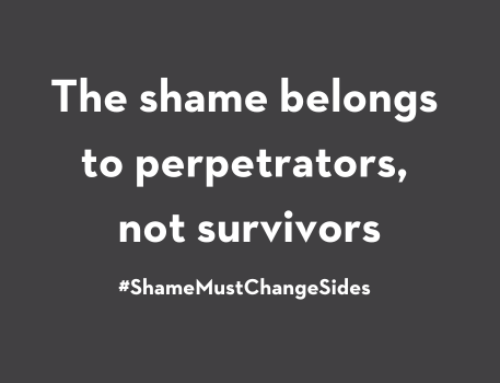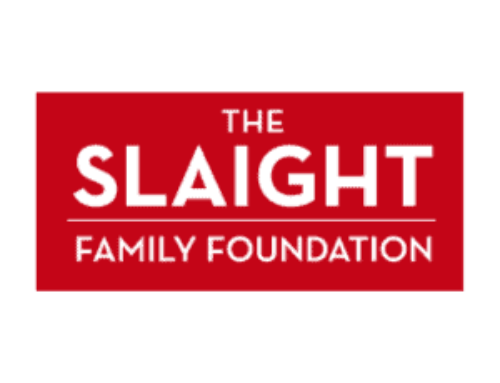This was originally published on Huffington Post as part of Mina’s new ongoing blog to raise awareness about issues affecting women and girls in Canada.
Before the end of today, you might notice a few small media stories mentioning that it’s International Women’s Day. If you’re like many Canadians, you might wonder why we still need a day like this, especially in a country like ours.
It’s tempting to believe gender discrimination is a thing of the past.
But unfortunately, women and girls in Canada still face disproportionate levels of violence and poverty simply because of their gender. And we all pay the price—whether we know it or not.
Here’s just three quick examples. Violence
A recent study from the Canadian Women’s Foundation, discovered that every hour of every day, a woman in Alberta is a victim of domestic violence. This finding was so startling, the Province of Alberta decided to invest in more research and spent the next two years developing a new policy framework designed to prevent family violence.
Governments are wise to take action, because domestic violence costs Canadians about $7.4 billion a year. According to a report from the Department of Justice, that’s the price we collectively spend on everything from police to children’s mental health, from emergency room visits to funerals. Since the full costs are so hard to calculate, the report calls this “a conservative estimate.” The highest price, of course, is paid by the victims, in legal costs, lost wages, pain and suffering, and loss of life. Their children, friends, and families suffer too.
Trafficking
Many Canadians would never imagine girls are being trafficked in their communities but experts estimate that thousands of women and girls are trafficked in Canada and forced into prostitution by people who financially gain from their sexual exploitation.
Last year, we launched a National Task Force on Trafficking of Women and Girls in Canada. Our Task Force includes police officers, academics, front-line workers, and women who have been trafficked and it has traveled across Canada, meeting with more than 150 survivors and 250 organizations.
We learned that trafficking is big business—these criminals can receive as much as $280,000 each year for each girl or woman they exploit. Most girls are first trafficked at the age of thirteen.
Trafficking is a blight on the soul of every Canadian, whether we engage in the practice or simply stand by and witness it.
Income Inequality
According to the Conference Board of Canada our gender income gap earns us a poor “C” rating on a global scale.
For some reason, most people seem to understand that income equality is a bad thing for a country’s overall success, but resist the notion that gendered inequality is just as bad. Women’s lower earning power means they are likely to be poor if they are single, separated, divorced, or widowed.
In Canada, 350,000 women are raising their children alone in poverty. That translates into thousands of children who are more likely to be sick, more likely to drop out of school, and more likely to face a risky future. It also means thousands of families who need government assistance and thousands of adult women who can’t fully contribute to society.
Women’s lack of earning power can also have tragic outcomes. Many abused women stay with an abusive partner because they will be forced to raise their children in poverty if they leave, since single mothers are more than five times as likely to live in poverty.
————
Despite these challenges, women have much to celebrate.
Collectively, over the years women have made tremendous progress. Today, we are witnessing a wonderful resurgence of interest in women’s issues, much of it due to the thousands of women and girls who are finding the courage to share their stories and work together for change.
Although women are different in so many ways—ethnicity, race, culture, religion, language, nationality, class—we all experience discrimination based on our gender. That’s the common ground we walk upon.
International Women’s Day still matters because it’s an opportunity to celebrate the progress we’ve made so far and to renew our commitment to keep working together for change.
It’s time to invest in the strength of women and the dreams of girls. Because when we do, we all win.







